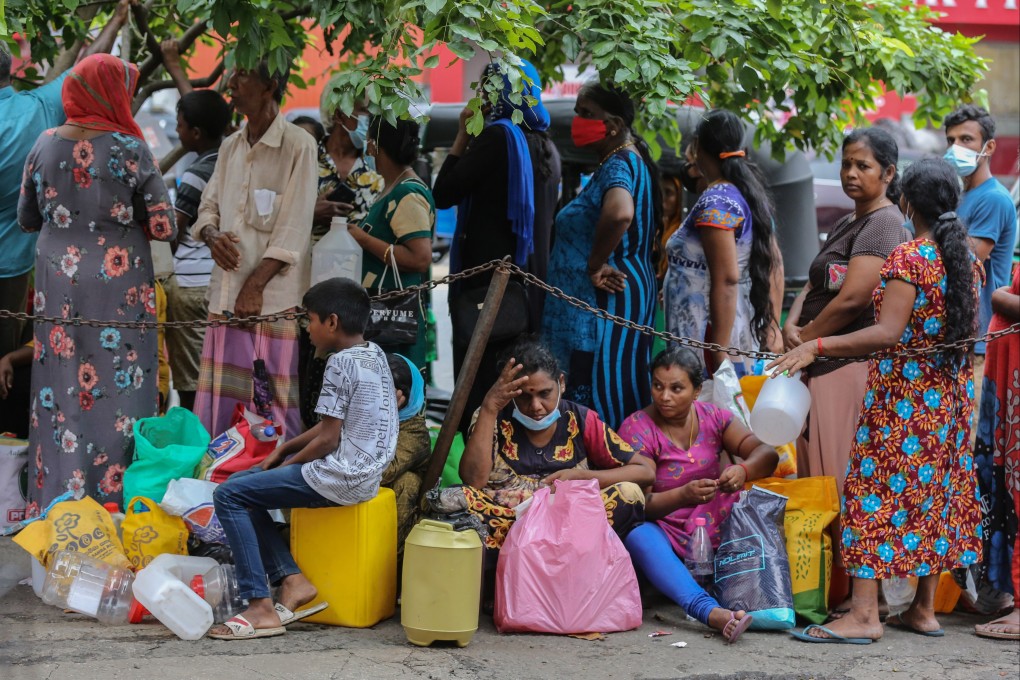Sri Lanka crisis: India leads aid efforts but US ‘could do more’ as strategic interests converge
- Washington could take on stronger role in Sri Lanka’s economy after Colombo reaches a debt restructuring agreement with the International Monetary Fund
- Enabling India to take the lead in resolving South Asia’s crisis will strengthen the US Indo-Pacific Strategy, analysts note

As Sri Lanka grapples with economic and political turmoil with some help from India and China, the lack of US presence stands out, but analysts say this may be due to Washington’s strategic convergence with New Delhi, even if it could do more to support Colombo.
The US is likely to take on a stronger role in Sri Lanka’s economy only after Colombo reaches a debt restructuring agreement with the International Monetary Fund (IMF), the experts added.
India has promised to remain supportive of President Ranil Wickremesinghe’s new administration as Sri Lanka struggles with a shortage of food, fuel and medicines. New Delhi has provided about US$1.5 billion to Colombo for critical imports, and another US$3.8 billion in the form of currency swaps and credit lines.

China rejected Sri Lanka’s debt restructuring request, but provided about US$75 million in humanitarian aid and promised to “play a positive role” in Colombo’s talks with the IMF.
The US assistance was more modest, with the US Agency for International Development (USAid) announcing US$11.75 million in economic crisis aid in June and President Joe Biden promising another US$20 million to boost food security.
Secretary of State Antony Blinken last month called on Sri Lanka’s leaders to quickly find long-term solutions to the crisis. USAid administrator Samantha Power last week hailed India’s swift move to assist Colombo, but slammed China for offering “opaque loan deals at higher interest rates than other lenders”.
Bankrupt Sri Lanka has suspended repayment on its US$51 billion foreign loans. It is also preparing a debt restructuring plan, a condition for a rescue package it is negotiating with the IMF. China, which accounts for 10 per cent of Sri Lanka’s debt, has resisted offering a debt cut.